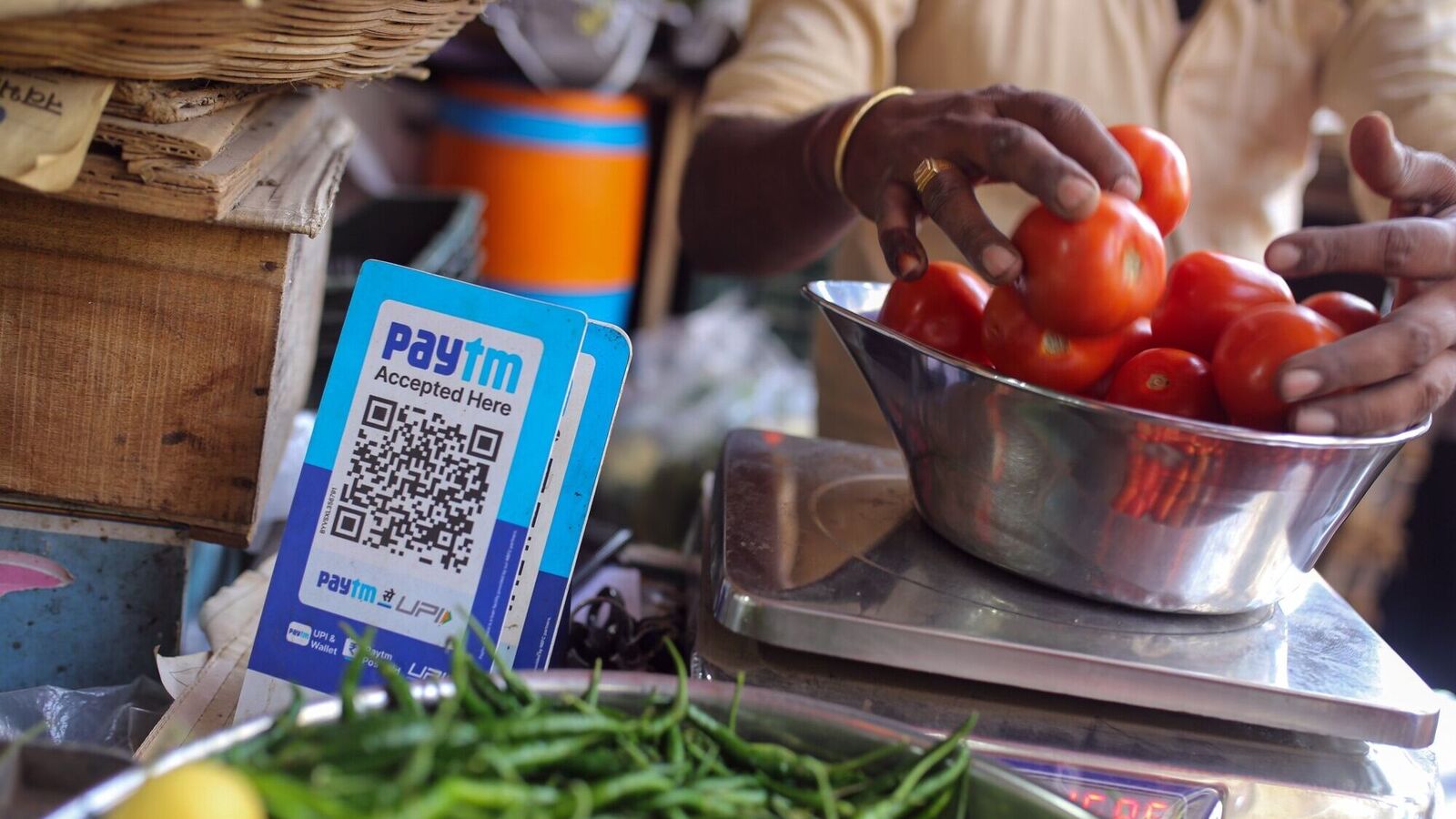Spats between the regulator and the regulated are inevitable. But when the spat is between the financial sector regulator and its regulated entities (REs), it takes on a different hue altogether. REs in this sector have a fiduciary responsibility to wider society (i.e. to manage money for clients rather than their own benefit). Failures on their part have the potential to impact the larger economy, as we saw in the US sub-prime loan crisis that precipitated the 2008 meltdown. Regulators, on their part, have a vital responsibility to ensure the safety and stability of the financial system. It is for this reason that the stand-off between the Reserve Bank of India (RBI) and Paytm Payments Bank (PPB), which led to RBI clamps on many PPB activities from 29 February, must be seen as a roadblock rather than a mere “speed bump,” as PPB’s founder Vijay Shekhar Sharma described it. The central bank has maintained silence on the reasons for its crackdown on PPB, but the move was reportedly triggered by violations of regulatory norms, including rules related to money laundering (a systems audit found it had not done proper background checks on source-of-funds before onboarding clients) and the bank’s repeated failure to heed its warnings on rule-compliance over an extended period.
Another—more serious—issue concerns regular related-party transactions, with other Paytm group companies. RBI reportedly found PPB had not ring-fenced its operations vis-à-vis other group companies sufficiently, resulting in potential conflicts of interest. There are also hints of regulatory disquiet over the role of Sharma in the payment bank’s decision-making and operations. The latest annual report of PPB’s parent One97 Communications Ltd shows Paytm Payment Services (PPS) as a fully-owned subsidiary of One97, which has a 49% stake in PPB. Reports suggest that while One97 has a sub-majority stake, about 10% of the bank is owned through a joint venture between Sharma and One97, which Sharma controls via his shareholding and directorship. This complex ownership structure may have facilitated related-party transactions that could pose a risk to PPB and its ability to meet the basic mandate of banks: to “pay depositors on demand.” PPS has sizeable dues (reportedly over ₹600 crore) from PPB and One97 has received services worth ₹1,500 crore from PPB and in turn provided services worth ₹768 crore to the bank.
Ironically, ring-fencing banking operations from those of other group companies, a cardinal rule of sound banking, could have easily been addressed had RBI acted on a recommendation made by various expert committees—starting with one led by then RBI Deputy Governor Anand Sinha in May 2011—and insisted on the holding company model for banks. This model, favoured by all advanced countries, de-risks banks exposed to the risk of rule-flouting by group companies and facilitates better regulatory oversight as well. Sure, there are some challenges in implementing this model in India. It would require a new legislative framework. The right incentives would have to be provided to existing financial conglomerates through appropriate tax treatment. Strategic and public policy issues in the case of public sector banks would need to be resolved. But that is no reason to delay action on this front. The fracas with PPB is a wake-up call for RBI to treat the ‘speed bump’ as a roadblock and act upon the holding company model on a war footing.
#RBI #respond #Paytms #speed #bump #banking #reforms



